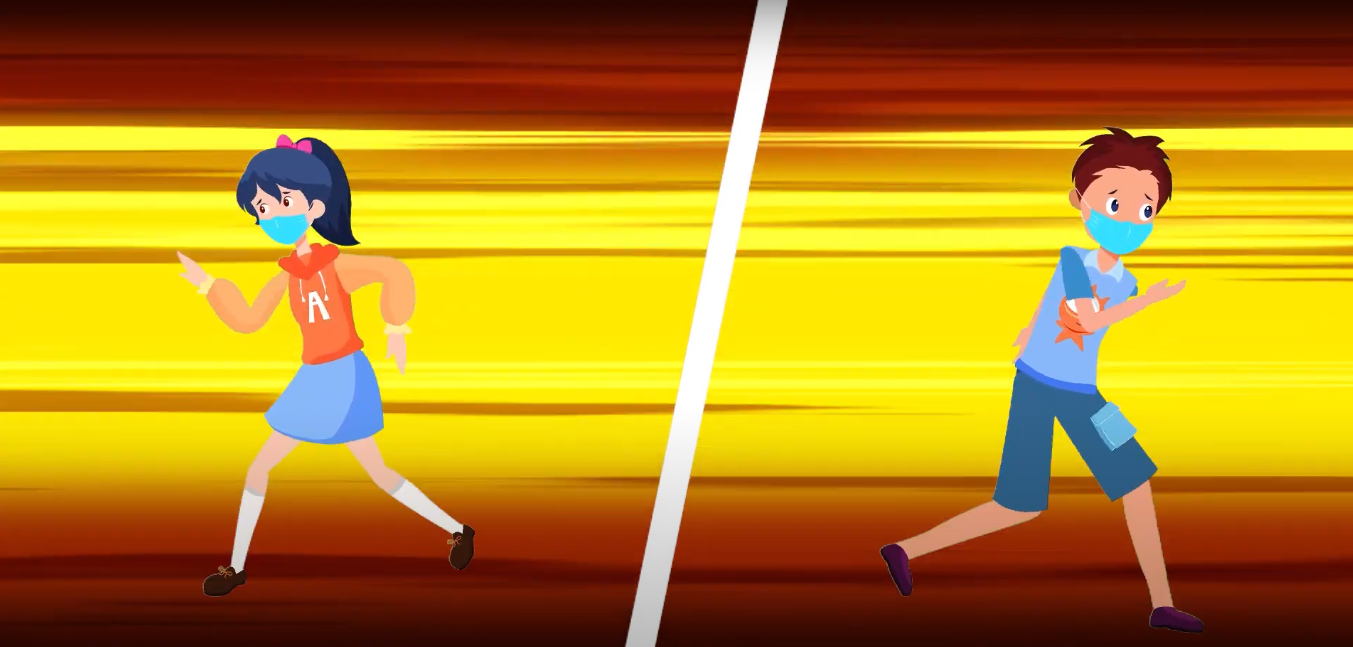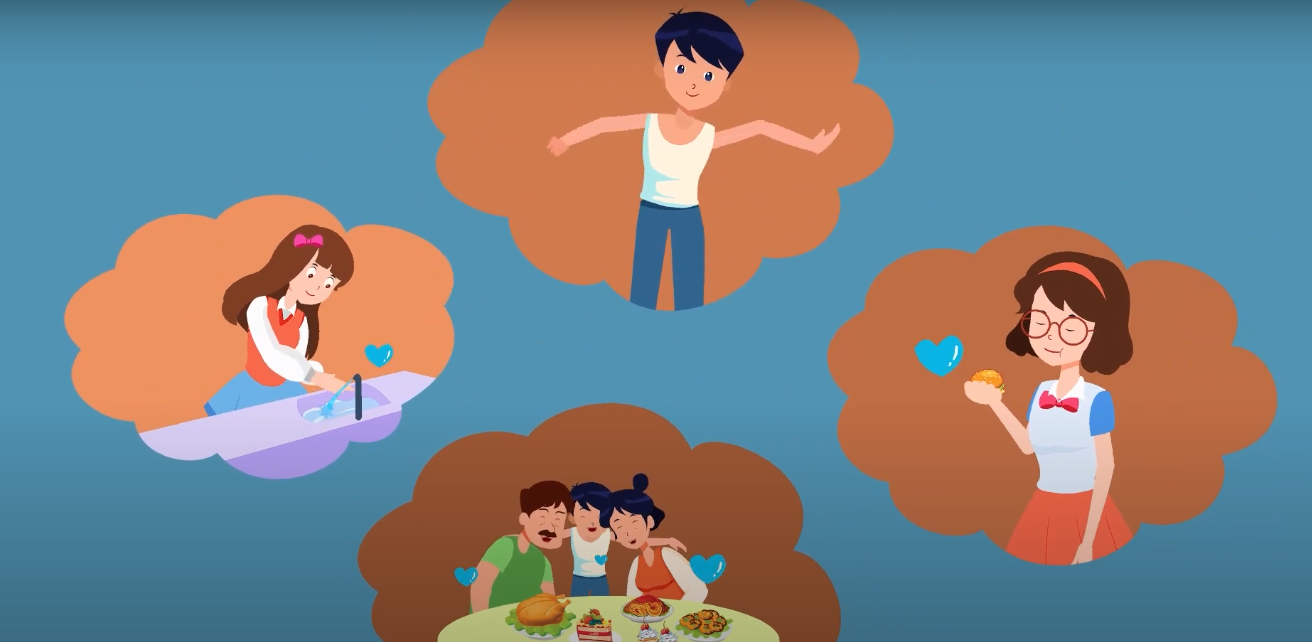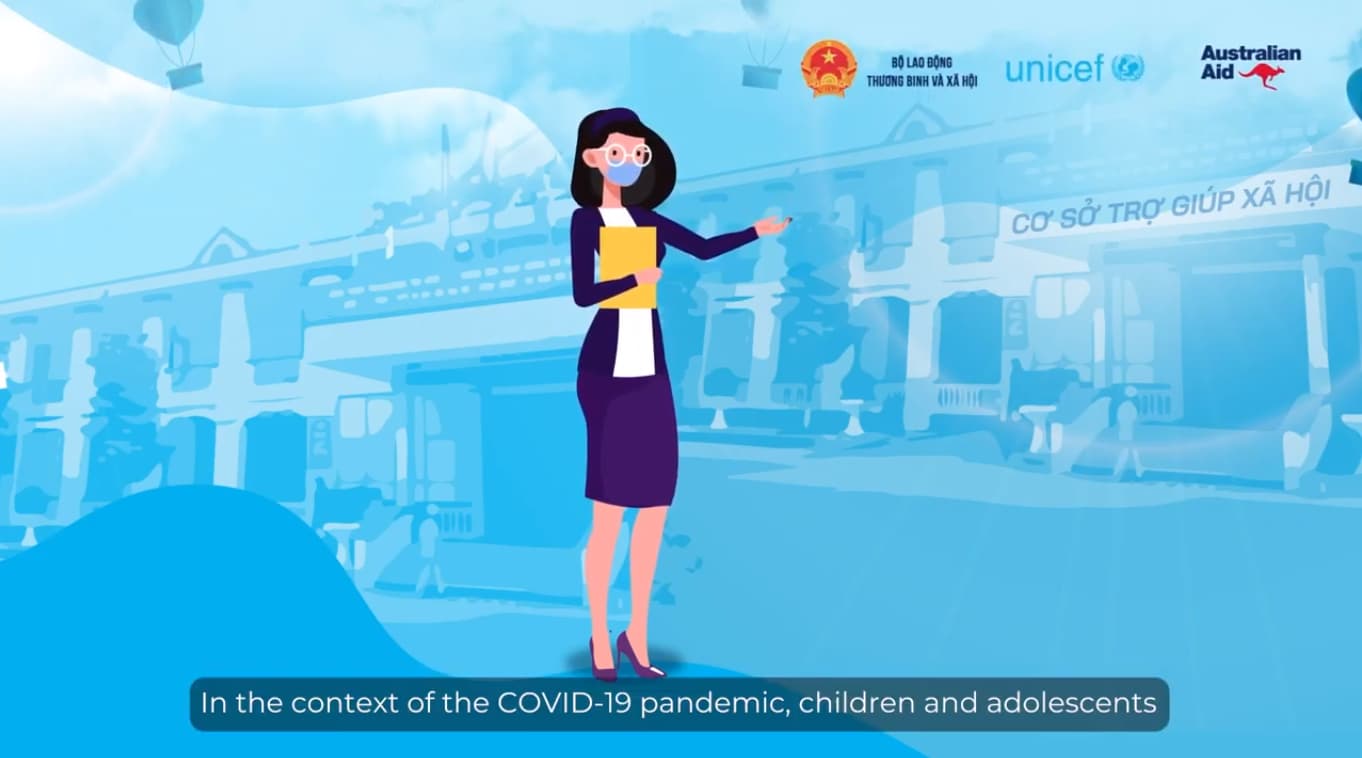If you are feeling anxious, isolated, and frustrated in the face of life changes caused by an outbreak, remember: You are not alone. We have discussed with TS. Lisa Damour – psychologist, best-selling author and New York Times monthly columnist in adolescent psychology to learn how you can take care of your own health. god to yourself.
1. Understand that it is okay to feel anxious
You are not alone when it comes to school closings and pandemic warning headlines. In fact, that feeling of anxiety in you is a normal response. TS. “Psychologists have long recognized that anxiety is a normal and healthy mechanism to help warn people about threats and take measures to protect themselves,” Damour said. “Anxiety will motivate you to decide what to do now, such as limiting contact with other people, avoiding crowds, washing your hands often, and not touching your face.” Anxiety is protecting you as well as those around you. “Caring for those around us is also how we show care for members of the community,” she explained.
According to TS. Damour, although the concerns surrounding COVID-19 are perfectly understandable, you should stay up-to-date from “official sources (such as the UNICEF website and the World Health Organization), at the same time. verify information from informal sources ”to avoid unnecessary confusion.
If you are concerned that you are having symptoms, talk to a parent. TS. “Keep in mind that the condition caused by COVID-19 is generally mild, especially in children and teenagers,” says Damour, and many of the symptoms are curable. Experts recommend that you share and seek support from a parent or trusted adult when you are feeling unwell or have concerns about Corona virus.
Don’t forget that “there are many effective measures we can take to keep ourselves and others safe, and to feel like we are in better control: wash your hands often, no more.” touch your face and keep a safe distance from others “.
2. Attention redirects
TS. “On the advice of psychologists, in the current difficult situation, we should classify the problem into two groups: 1) things I can change, and 2) things, Damour said. which I cannot change. ”
In the current context, a lot of things will fall into the second group, but that’s okay. Instead of focusing on things out of control, turn your attention to something else like doing homework, watching your favorite movie or lying down to read a novel to relieve stress and find balance. equal in everyday life.
3. Find new ways to connect with your friends
Social media is a great tool to help you connect with friends while on home isolation. Get creative, for example, by participating in the hand washing dance challenge on Tik-Tok #safehands. TS. Damour “never underestimates the creativity of young people. In my hunch, young people will find unprecedented good ways to connect online with each other. ”
“However, you should not spend too much time sitting in front of the screen or living on social networks without moderation. It is not healthy or wise behavior as it can make you even more confused. ”Dr. Damour’s advice is that young people and parents should make a schedule to use social media together.
4. Cultivate yourself
Do you want to start learning a new one, reading a book or practicing playing an instrument? Your chance has come! Cultivating yourself and finding ways to take advantage of this unexpected free time is an effective way to take care of your own mental health. TS. Damour said: “I myself have made a list of all the books I want to read and the things I’ve always wanted to do.”
___________________________________
“The only way you can get rid of your pain is through it.”
________________________________________
5. Be honest with your own feelings
It’s sad to have to give up events with friends, hobbies or sports matches. TS. Damour said: “These are big losses, so it must be done if young people feel disappointed. What is the best solution? Feel that disappointment,” because “the only way to get you out. experience it from pain. If you want to be sad, be sad. The quicker you are sad, the faster you will recover. ”
Each person’s way of handling emotions is different. “Some children will do art activities; others want to talk to friends and share their sadness as a way to feel a connection during a time away from face to face; some other ways to store food, “TS. Damour said. It is important that you find a way that works for you.
6. Love yourself and others
Some adolescents have become victims of bullying and school abuse as a result of the COVID-19 epidemic. According to TS. Damour, to tackle bullying in schools, requires the participation of bystanders: “We should not expect children and young people to confront bullies on their own. Instead, we should encourage them to seek help from friends or adults. ”
If you witness your friends being bullied, reach out and offer to help them. Ignoring those around you can make the person being bullied feel that the world is against you or that no one cares about you. Your words can make a difference.
Finally, remember: At this point, more than ever, anything we share or say can hurt others, so think twice before doing it.
_______________________
Blue Heart | Say no to VIOLENCE. Protect children. Safe for Women
#DefineBlue # SayNoWithVIRON #ProtectBaby #Safe For Women







